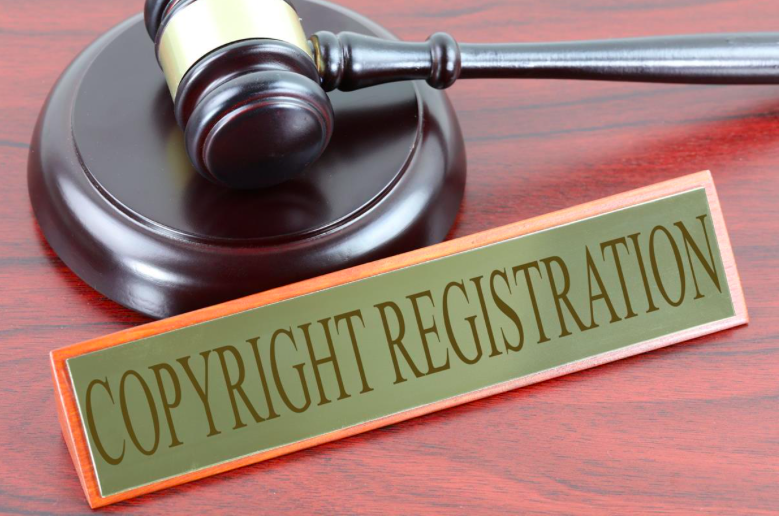Article 13 of the EU’s new directive on copyright is below sustained grievance from media experts and campaigners, the caution of a chance of unintentional censorship without working exceptions for satire or small businesses, that may cause a filtering of criminal content material and a similar monopolization of the net.
“User-generated structures might make appearance completely distinctive from what we understand today,” warned Dr. Stephan Dreyer at the Leibniz Institute for Media Research. Although the initiative has a strong assist from publishers just like the Axel Springer Group and copyright businesses like the German GEMA service, media rights experts from the Science Media Center Germany have issued a warning about the consequences of the regulation on freedom of speech and mainly satire.
Big net
Julia Reda, the German Pirate Party MEP who has committed her entire legislative period to reforming these rules, advised DW that “The typical impact of the notion is that the net could turn out to be extra like tv, as a smaller number of people and platforms could be able to create and proportion. Copyright rules. Under the proposed rules, almost all groups that host person-generated content material, including most systems that host pictures, might be vulnerable to save you copyrighted content material being uploaded to their websites.

Although installing filters isn’t always mandated by using the new law, according to Thomas Matzner, a media professor at the University of Paderborn, the only possible way for businesses to put in force will be to install luxurious filters that recognize and block copyrighted content material. Matzner additionally warns that “This will inspire concentration similarly at the Internet. Many small initiatives and begin-USA will go through because they’ll no longer be capable of cope with the attempt they ought to make under Article thirteen. The meant exception for small firms best applies for the first three years.”
It’s the algorithms, silly.
Tobias Keber, media rights professor at Stuttgart’s Media University HDM, compared it to Facebook’s nudity detection set of rules, which has been usually improved but has trouble addressing nudity well in an artistic context. He stated that the issue is not just about images or illustrations. ““Copyright regulation offers with a large quantity of very different works: text, images, audiovisual content material, laptop packages or works of dance art. An algorithm on this appreciates can apprehend all doable bureaucracy and contexts in criticism, satire, or quotation without a doubt out of the query. This calls for the evaluation of humans, and that may be a good element.”
Parliamentarian Reda pointed to an ironic example of how copyright filters are already overzealous: “We live-streamed a protest [against this proposed law] in Berlin ultimate weekend, and YouTube identified it as copyright infringement due to techno tune within the heritage, which YouTube’s clear out recognized as belonging to the techno artist. The video turned into an original piece of video journalism, so these filters are a danger to freedom of expression.”
Read More: Thousands in Berlin protest the EU’s online copyright plans
What about the memes?
Axel Voss, MEP, and the invoice’s proponent determine that memes are specially protected underneath the InfoSoc Directive. Researchers from the Science Media Center Germany argue but that the law might have the unintentional impact of blocking satirical content, including memes because there’s no foreseeable manner that digital filters should recognize the distinction between copyright fabric and satire and might consequently block them as forbidden fabric.
Dr. Dreyer warns that “modern-day strategies of the system getting to know can only take such factors under consideration to a totally confined quantity.” Whereas Florian Gallwitz, professor of media informatics at Nuremberg Tech, says, “the dependable computerized reputation of parodies or quotations is absolutely out of the query. When automated add filters are used, fees and parodies are unavoidably blocked.”
Legislators claim that most effective for-profit companies could be affected. However, Reda mentioned that both the employer and the user might be liable to pay damages in instances of copyright infringement. What does this suggest? If a fan published an unlicensed song or remix to a public Facebook institution, this could be a copyright infringement.








